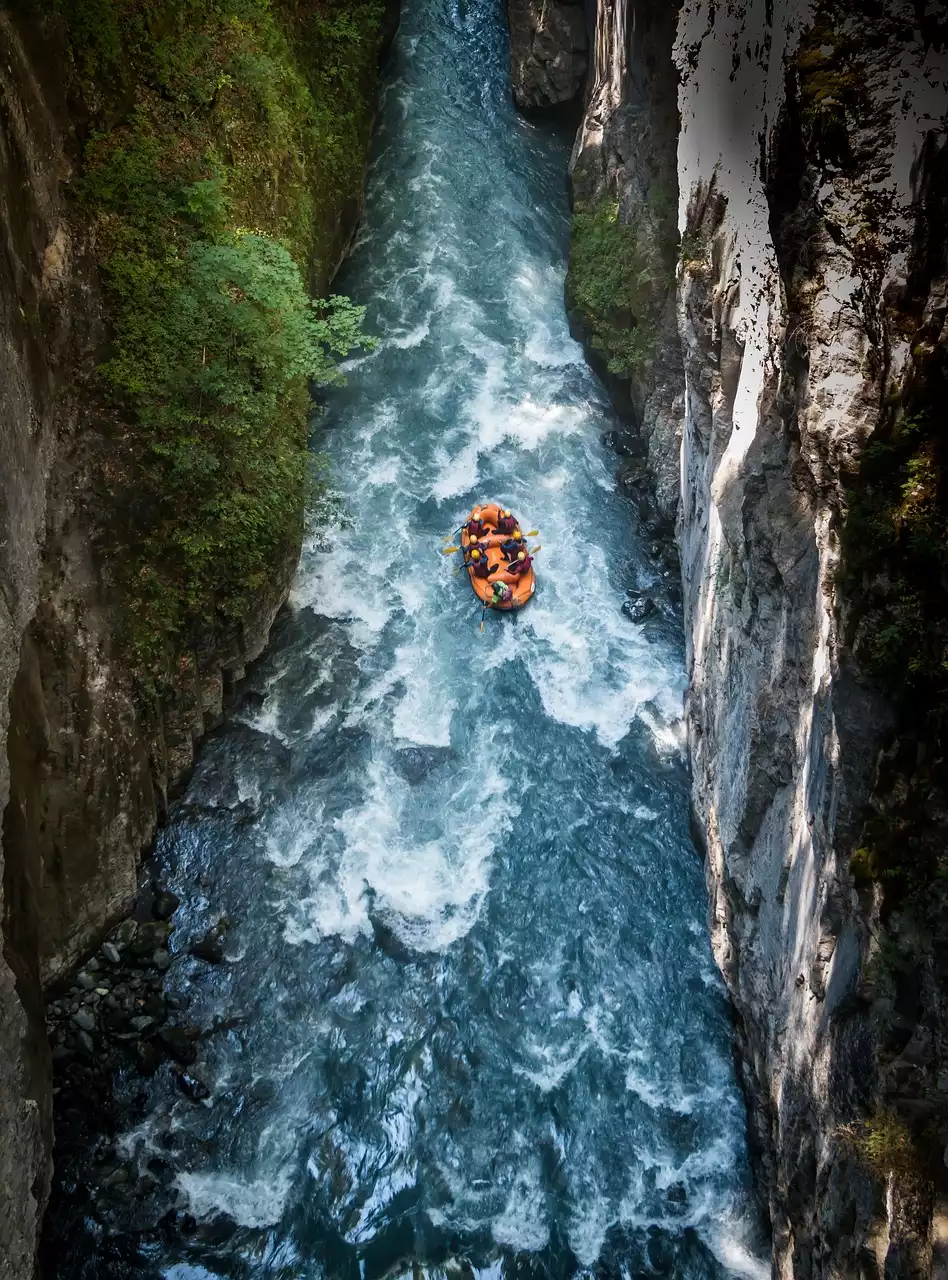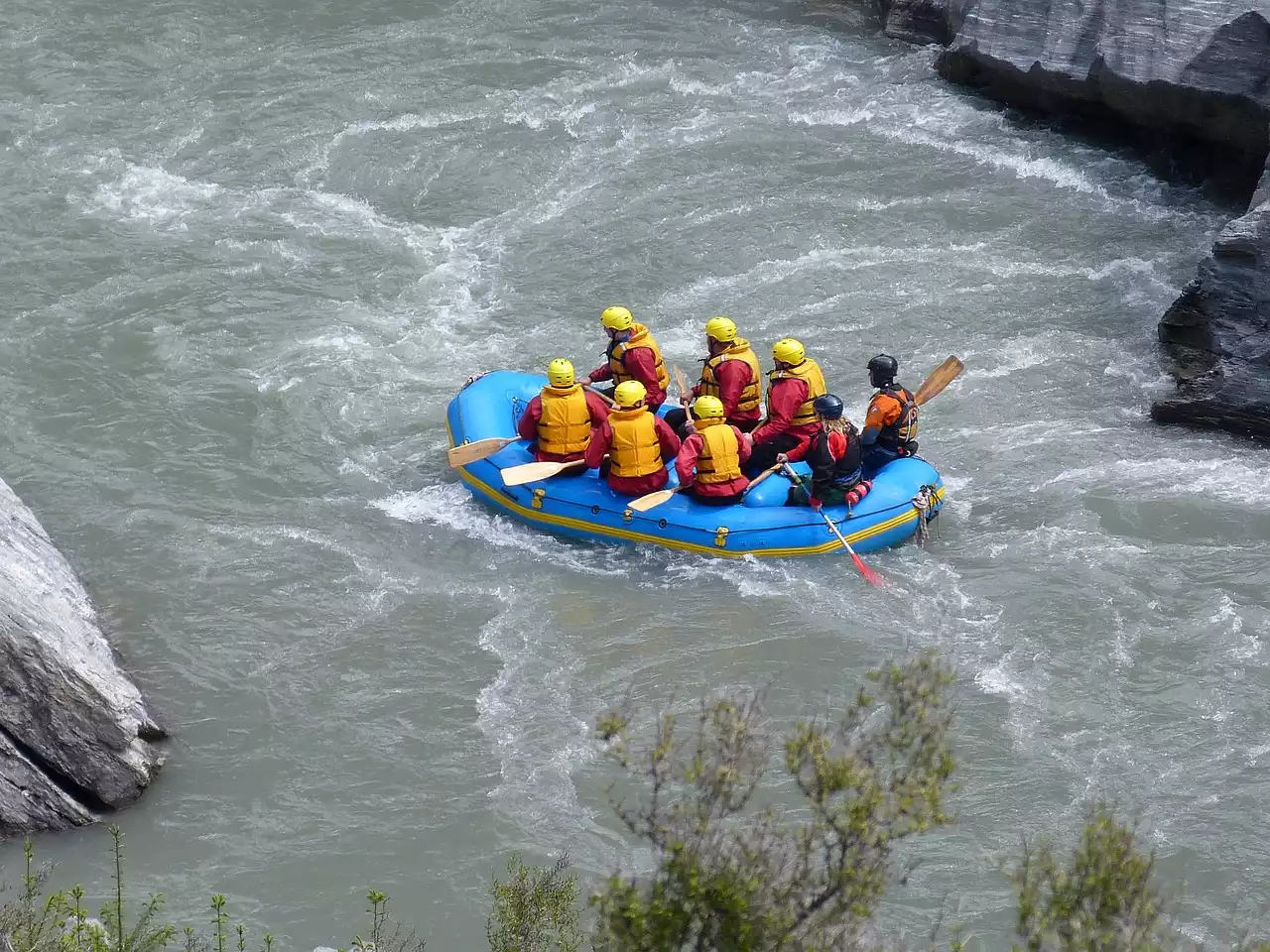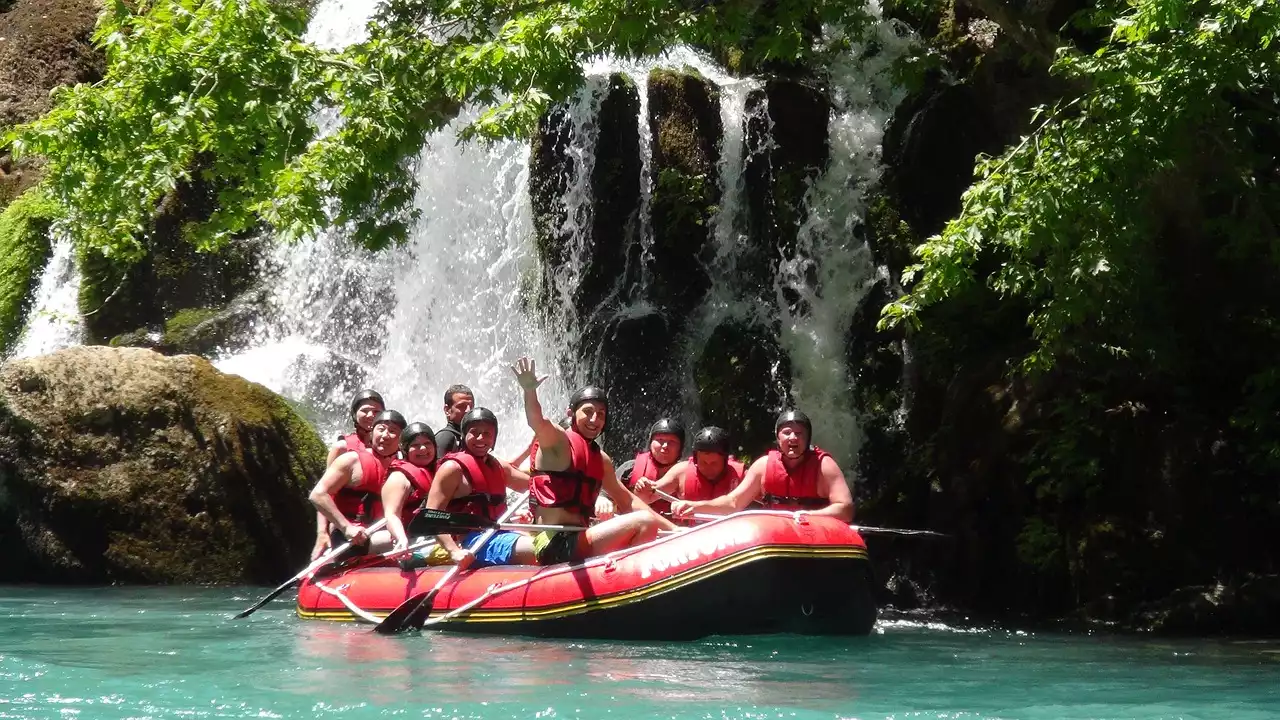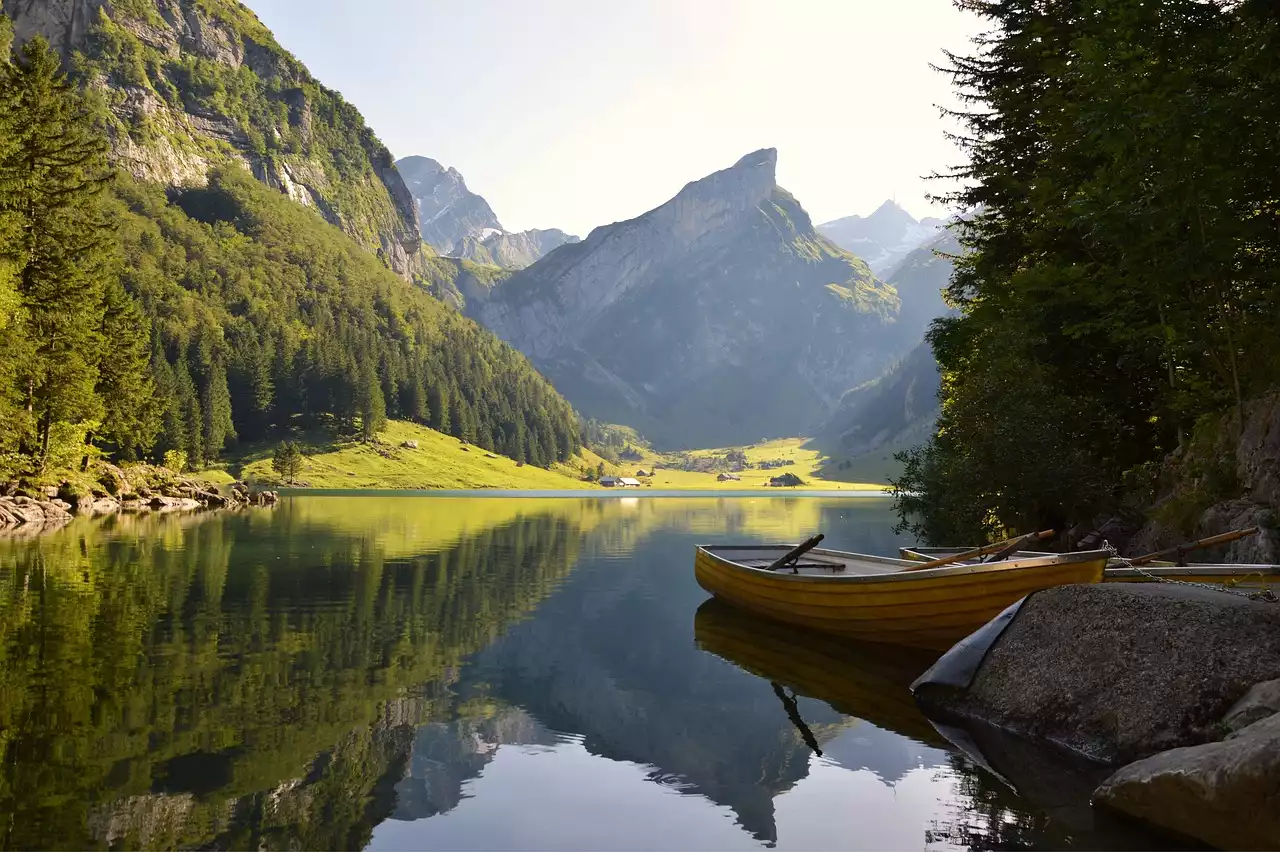Economic Benefits of Rafting and Tourism
Rafting and tourism provide significant economic benefits to local communities, creating job opportunities and generating revenue. Rafting trips require guides, equipment rentals, transportation, accommodation, food and beverage services, and other related services. This creates many job opportunities within the industry, such as river guides, drivers, and hospitality staff. The rafting industry also has a positive impact on other sectors of the economy, such as the hotel and restaurant industry, transportation, and retail businesses.
Rafting and tourism can also generate revenue for local governments. The taxes paid by businesses within the industry contribute to the local economy. The tourism industry also helps in the development of infrastructure, such as roads, bridges, and other transportation facilities. This increases accessibility to remote areas and provides opportunities for local communities to participate in the tourism industry.
However, the negative impact of rafting and tourism on the environment cannot be ignored.
Environmental Concerns of Rafting and Tourism
Rafting and tourism have a significant impact on the environment, affecting natural habitats, wildlife, and water resources. Rafting activities can cause soil erosion and sedimentation, which can negatively impact aquatic ecosystems. This can lead to the loss of habitat for fish and other aquatic life. Rafting can also disturb wildlife, including birds, mammals, and reptiles, causing stress and potential harm to these animals.
Additionally, the infrastructure development required for the tourism industry, such as roads, hotels, and other facilities, can cause deforestation and habitat loss. This can lead to the displacement of indigenous communities and negatively impact the local biodiversity.
Furthermore, rafting and tourism can also contribute to pollution, such as plastic waste, sewage, and other forms of litter. This can harm aquatic life and negatively impact water quality.
The Importance of Balancing Economic Benefits and Environmental Concerns
The economic benefits of rafting and tourism cannot be ignored, but neither can the negative impact on the environment. It is essential to find a balance between economic development and environmental conservation. Sustainable tourism practices can ensure that the economic benefits of the industry are not at the cost of the environment.
Sustainable tourism promotes responsible travel practices that aim to minimize the negative impact of tourism on the environment, culture, and local communities. It also encourages the preservation of natural resources and the protection of wildlife. Sustainable tourism practices can ensure that the economic benefits of the industry are not at the cost of the environment.
Sustainable Tourism and Rafting Practices
Sustainable rafting practices include minimizing the impact of the activity on the environment, such as avoiding sensitive areas, reducing litter, and using eco-friendly products. Rafting companies can also promote environmental education and encourage their clients to take responsibility for their impact on the environment.
Sustainable tourism practices also involve supporting local communities by prioritizing local businesses and hiring local staff. This can help preserve the local culture and provide economic opportunities to the local community.
The Role of Governments and Local Communities in Balancing Economic Benefits and Environmental Concerns
Governments and local communities play a crucial role in balancing economic benefits and environmental concerns in the rafting industry. Governments can implement policies and regulations that promote sustainable tourism practices and ensure that companies comply with environmental standards.
Local communities can also participate in the planning and development of the tourism industry, ensuring that their needs and concerns are addressed. This can help prevent the displacement of indigenous communities and promote the preservation of cultural heritage.
Successful Examples of Balancing Rafting and Tourism with Environmental Concerns
Several examples of successful sustainable tourism practices in the rafting industry exist worldwide. The Costa Rica Rafting Association, for instance, has implemented a certification program that promotes sustainable practices among rafting companies. This program requires companies to comply with environmental standards, including waste reduction, environmental education, and conservation of natural resources.
In India, the Ministry of Tourism has introduced the Swadesh Darshan Scheme, which aims to promote sustainable tourism practices in the country. The scheme focuses on the development of infrastructure, such as roads and accommodation facilities, while also emphasizing the preservation of natural resources and cultural heritage.
Challenges and Solutions in Finding a Balance
The challenges in balancing economic benefits and environmental concerns in the rafting industry are significant. The lack of regulations and policies that promote sustainable tourism practices can lead to the exploitation of natural resources and the displacement of local communities.
One solution is to create a certification program that promotes sustainable practices among rafting companies. This can ensure that companies comply with environmental standards and promote responsible travel practices.
Another solution is to implement policies and regulations that promote sustainable tourism practices and ensure that companies comply with environmental standards. Governments can also provide incentives to companies that adopt sustainable practices, such as tax breaks or funding for eco-friendly infrastructure.
Call to Action for Responsible Rafting and Tourism
The rafting industry has tremendous potential for economic development, but it is crucial to ensure that this development is sustainable and environmentally responsible. It is essential to find a balance between economic benefits and environmental concerns, and this can only be achieved through the joint efforts of industry stakeholders, governments, and local communities.
As individuals, we can also play a role in promoting responsible rafting and tourism practices. We can choose to support companies that promote sustainable practices, reduce our environmental impact while traveling, and raise awareness about the importance of sustainable tourism.
In conclusion, the rafting industry has significant economic benefits for local communities, but it also has a significant impact on the environment. Sustainable tourism practices can ensure that the economic benefits of the industry are not at the cost of the environment. It is crucial to find a balance between economic benefits and environmental concerns, and this can only be achieved through the joint efforts of industry stakeholders, governments, and local communities.










.png?size=50)